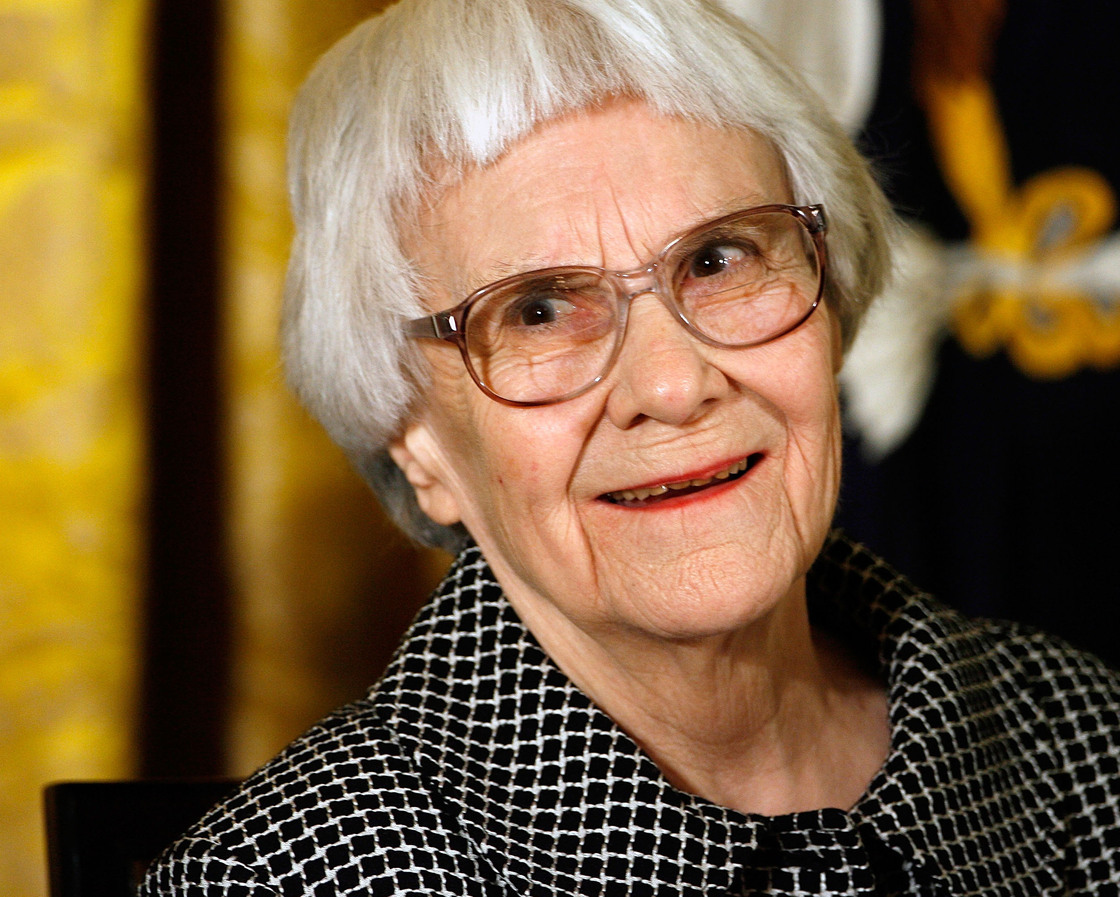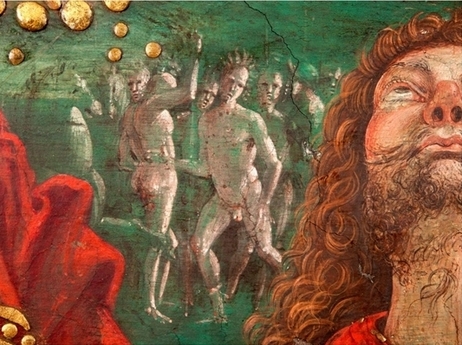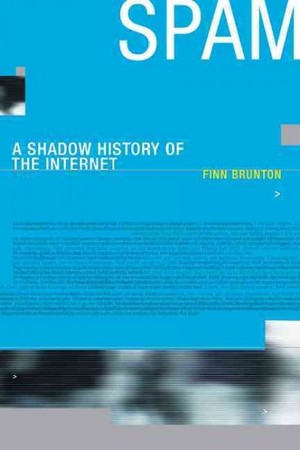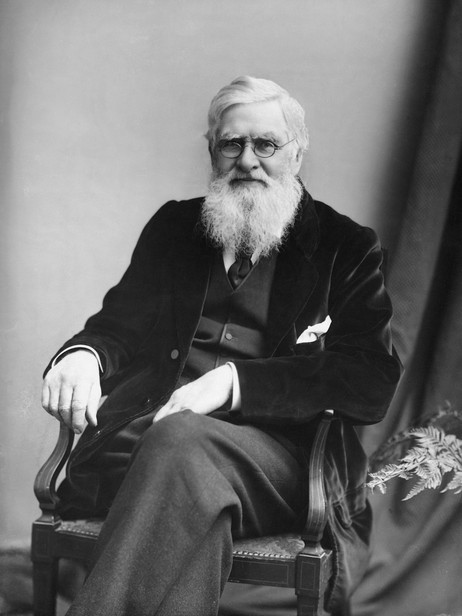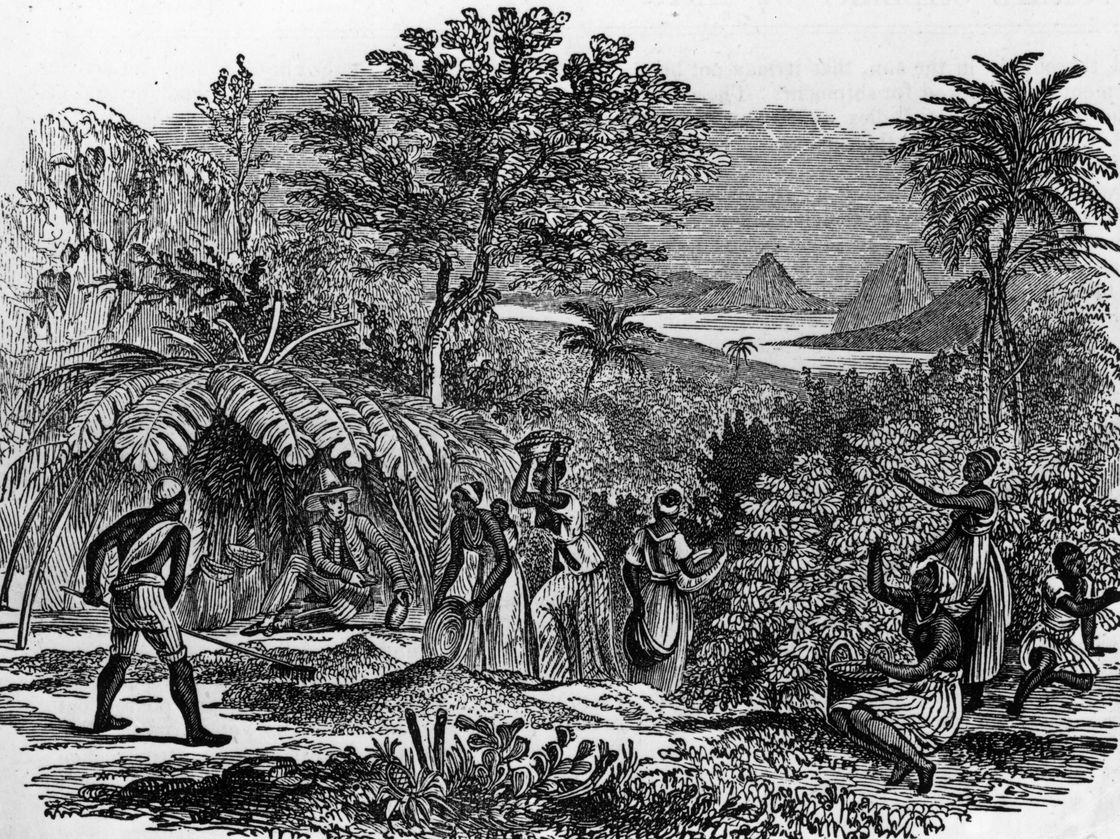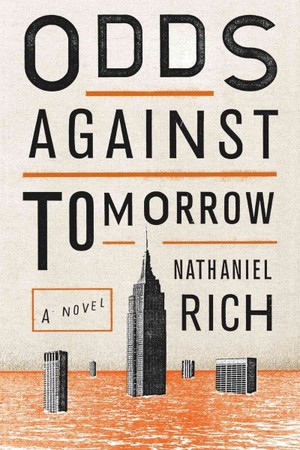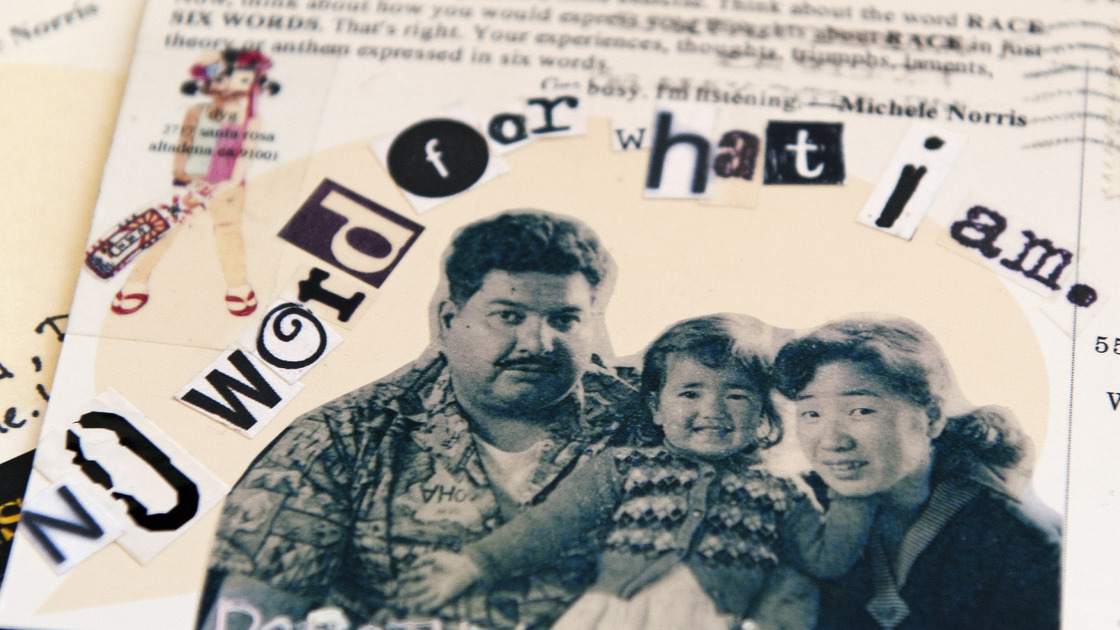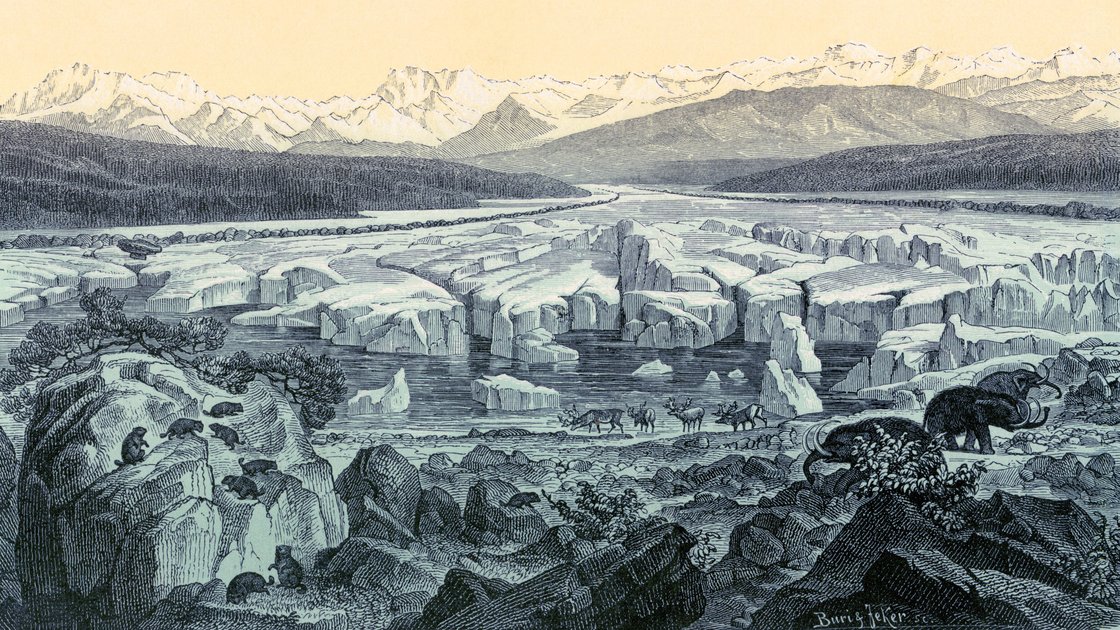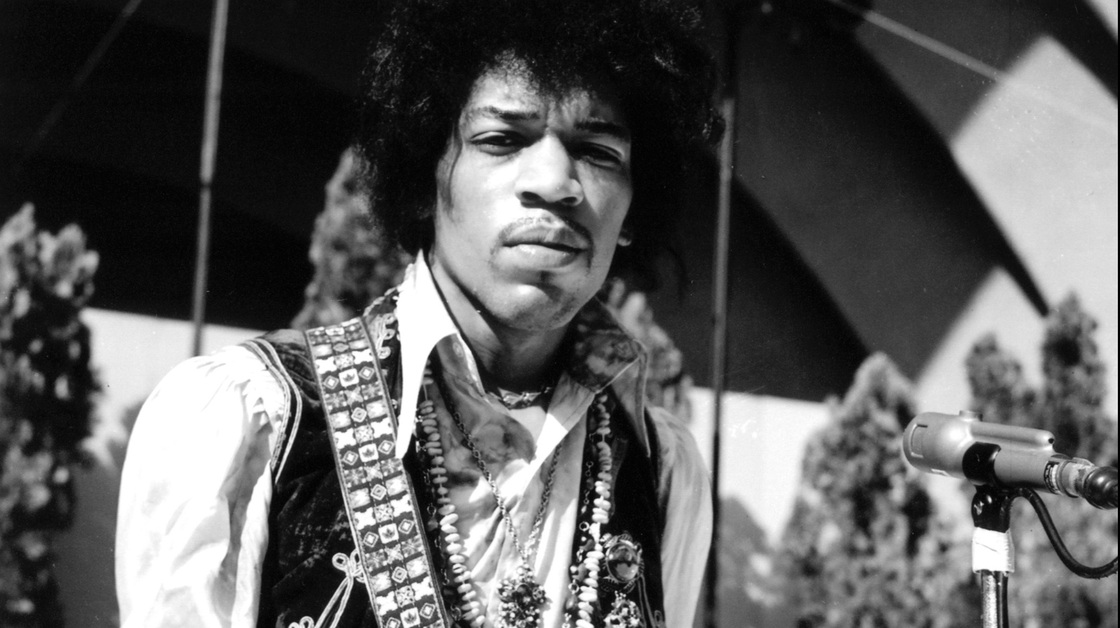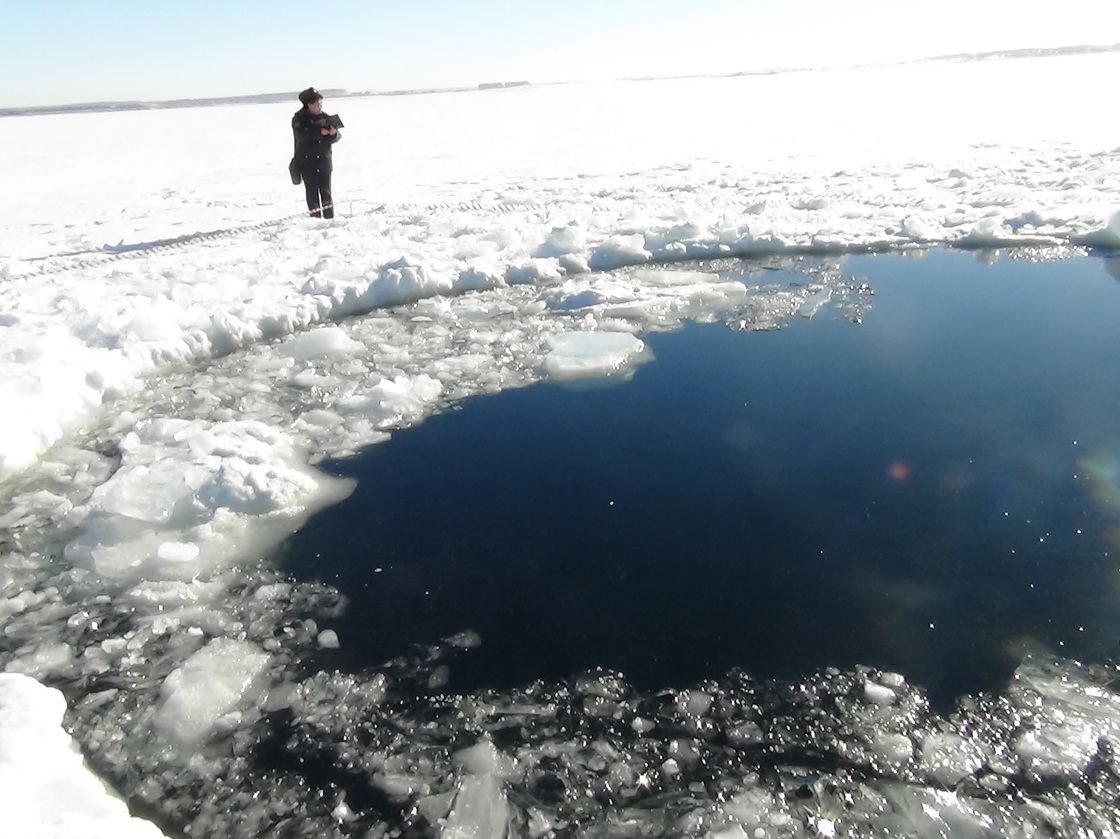 Tuesday, May 7, 2013 at 9:59AM
Tuesday, May 7, 2013 at 9:59AM "Even if you haven't been to Venice, you're probably familiar with the city's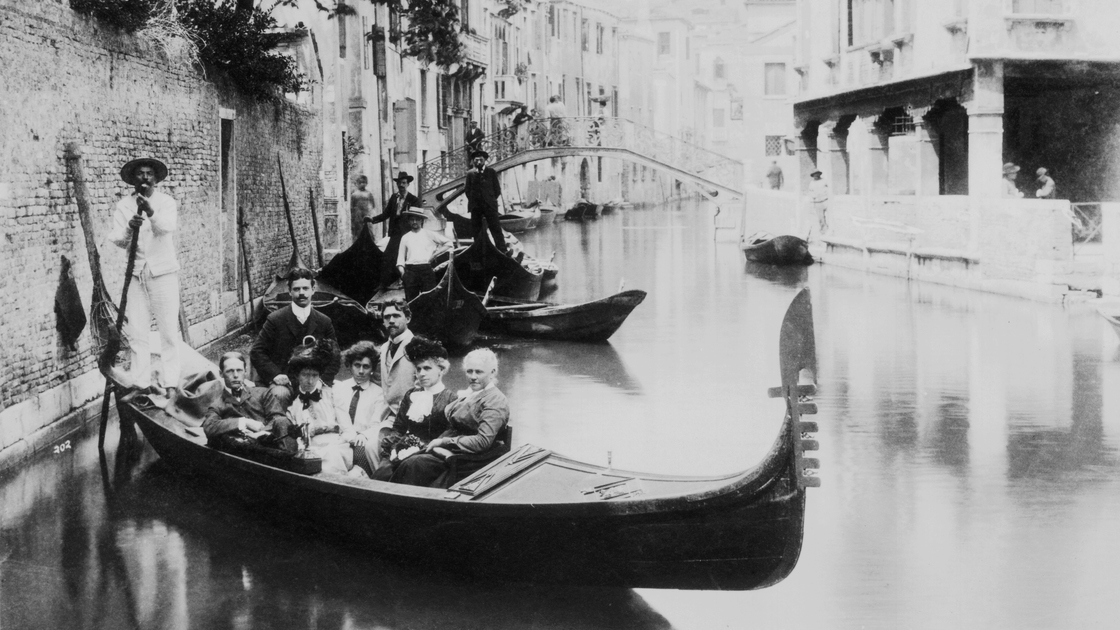 famous tourist gondolas: With baroque silver ornaments, shiny black lacquer, and sumptuous red seat cushions, they're unabashedly fancy, not to mention ubiquitous. A ride with a gondolier costs at least 80 euros (about $105), rain or shine (and it's 110 — $144 — more to be serenaded)."
famous tourist gondolas: With baroque silver ornaments, shiny black lacquer, and sumptuous red seat cushions, they're unabashedly fancy, not to mention ubiquitous. A ride with a gondolier costs at least 80 euros (about $105), rain or shine (and it's 110 — $144 — more to be serenaded)."
"But there's another kind of gondola — a much simpler breed called atraghetto. There's no fancy ornamentation, no soundtrack, and instead of one gondolier, there are two. They're typically used to get locals from one side of the Grand Canal to the other, and they cost just 70 cents."
